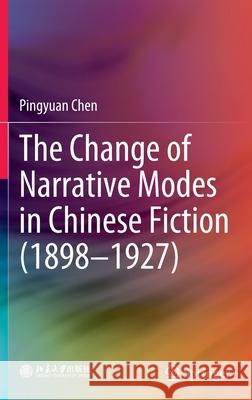The Change of Narrative Modes in Chinese Fiction (1898-1927) » książka
topmenu
The Change of Narrative Modes in Chinese Fiction (1898-1927)
ISBN-13: 9789811662010 / Angielski / Twarda / 2022 / 376 str.
The Change of Narrative Modes in Chinese Fiction (1898-1927)
ISBN-13: 9789811662010 / Angielski / Twarda / 2022 / 376 str.
cena 483,04
(netto: 460,04 VAT: 5%)
Najniższa cena z 30 dni: 462,63
(netto: 460,04 VAT: 5%)
Najniższa cena z 30 dni: 462,63
Termin realizacji zamówienia:
ok. 16-18 dni roboczych.
ok. 16-18 dni roboczych.
Darmowa dostawa!
Kategorie:
Kategorie BISAC:
Wydawca:
Springer
Język:
Angielski
ISBN-13:
9789811662010
Rok wydania:
2022
Ilość stron:
376
Waga:
0.70 kg
Wymiary:
23.39 x 15.6 x 2.24
Oprawa:
Twarda
Wolumenów:
01
Dodatkowe informacje:
Wydanie ilustrowane











